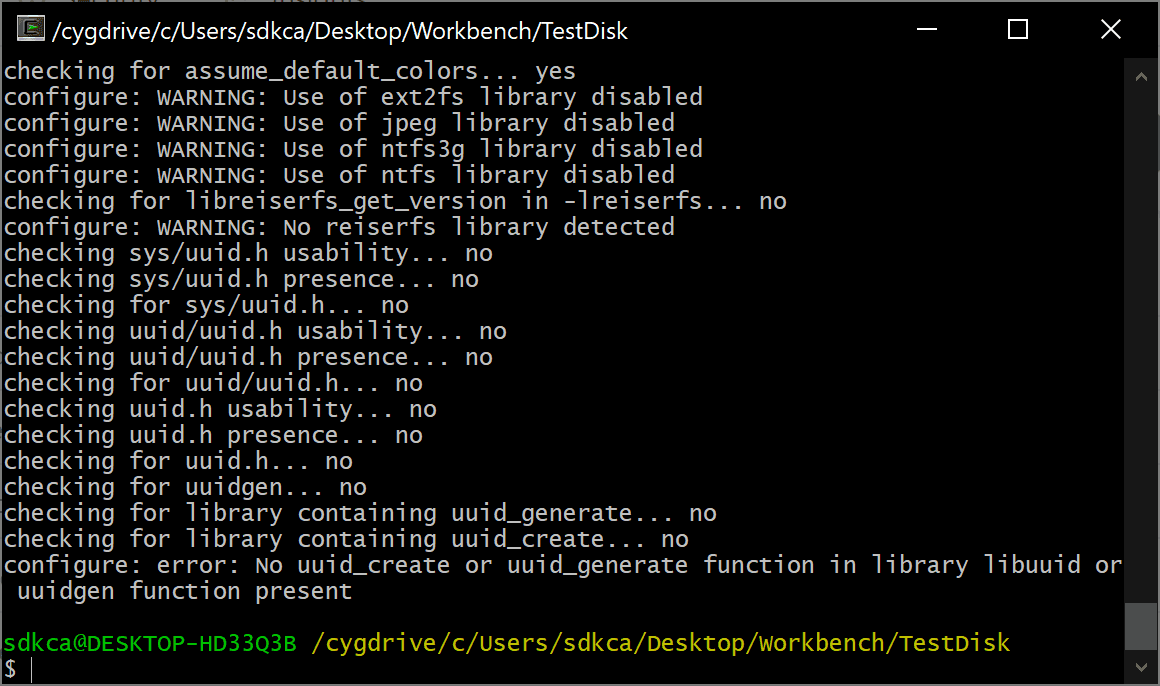
But if the argument is not legal string format UUID, the function gives 0 as a result. IS_UUID: This IS_UUID function provides 1 when the argument is an effective string-format UUID.BIN_TO_UUID function changes the UUID from a condensed form or BINARY format to VARCHAR format, which is human-understandable for demonstrating. BIN_TO_UUID: It is just opposite to the previous one.UUID_TO_BIN : This function is responsible for converting a UUID value from the VARCHAR format, which is humanly readable, into a BINARY format compacted one for storing.You can achieve this by utilizing the following MySQL functions that are related to UUIDs: MySQL allows you to store the UUID values in BINARY format or, say, compress form and can be displayed in human-readable, i.e., VARCHAR format. Using UUID values can potentially lead to performance issues due to their larger size and unordered form.For the expression WHERE Employee_ID = 05 is easy instead of WHERE Employee_ID = ‘fd7bc2fb-9ve4-10t7-49yy-p9vbc73cbxyf’.


#Generate uuid mysql update
UPDATE some_table SET some_field=REPLACE(some_field, '-', '') To resolve this, I just split it into two queries: UPDATE some_table SET some_field=(SELECT uuid()) It seems when surrounding the subquery to generate a UUID with REPLACE, it only runs the UUID query once, which probably makes perfect sense as an optimization to much smarter developers than I, but it didn't to me. UPDATE some_table SET some_field=(REPLACE(SELECT uuid(), '-', '')) Doesn't matter how I situated the parentheses, the same thing happens. Then all the resulting values were the same (not subtly different - I quadruple checked with a GROUP BY some_field query). But when I tried this: UPDATE some_table SET some_field=(REPLACE((SELECT uuid()), '-', '')) I found the answer by Rakesh to be the simplest that worked well, except in cases where you want to strip the dashes.įor reference: UPDATE some_table SET some_field=(SELECT uuid()) Just a minor addition to make as I ended up with a weird result when trying to modify the UUIDs as they were generated. I'm using MySQL Server version: 5.5.40-0+wheezy1 (Debian) MySQL > select city, id from CityPopCountry limit 10 If you want visibly different keys, try this: update CityPopCountry set id = (select md5(UUID())) The approved solution does create unique IDs but on first glance they look identical, only the first few characters differ.


 0 kommentar(er)
0 kommentar(er)
